If there’s one thing we’ve learned about business software, it’s this: nothing stays still. Just when you’ve finally convinced the sales team to stop tracking leads in a spreadsheet named final_final_version3.xlsx, along comes another “revolutionary” update that demands you toss your old ways in the recycle bin. And few revolutions have been as persistent (or as misunderstood) as the great divide between mobile CRM and traditional CRM.
Let’s get one thing straight. Both exist for the same purpose: to help you manage relationships with customers without tearing your hair out or scribbling reminder notes on sticky pads that somehow always vanish when you need them. But the way they deliver that purpose? That’s where things get interesting.
Traditional CRM: The Old Reliable (Until It Isn’t)
Traditional CRM is like that trusty desktop computer in your office. It’s solid. It’s predictable. It doesn’t run out of battery halfway through a client call. And for years, it’s been the bedrock of how businesses track leads, log interactions, and set follow-ups.
The catch? Traditional CRMs are usually tethered. You’re bound to the office—or at least to your laptop. Want to update a client record while sipping overpriced coffee at the airport? Good luck lugging around that 17-inch workstation.
Now, don’t misunderstand us. Traditional CRMs have their perks. They often come with robust reporting tools, integrations, and the sort of stability that makes IT teams sigh with relief. But in a world where “remote work” is less of a buzzword and more of a lifestyle, clinging to a desktop-only CRM feels a bit… vintage. (And not in the cool vinyl-record kind of way.)
Mobile CRM: The Pocket-Sized Game Changer
Now picture this: you’re stuck in traffic, you glance at your phone (safely parked, of course—we’d never suggest otherwise), and in seconds you’ve updated your notes from that client meeting. No booting up. No VPN nightmares. Just tap, type, done.
That’s mobile CRM. It’s the same customer relationship management tool, only this time it’s in your pocket—literally. It brings accessibility to the forefront, allowing sales reps, customer support agents, and field teams to stay connected anytime, anywhere.
And here’s the kicker: mobile CRMs aren’t just traditional CRMs shrunk to fit a smaller screen. They’re designed to take advantage of mobile features—GPS, push notifications, even voice commands. Imagine checking in to see which leads are nearby (yes, proximity-based alerts are a thing) or dictating meeting notes while walking to your car.
The Real Difference? It’s About Context
We’ve seen businesses debate this as if it were some kind of philosophical duel: desktop warriors vs. mobile mavericks. But the truth is simpler. The difference lies in where and how you use your CRM.
- Traditional CRM thrives in structured, data-heavy environments. Think offices with predictable schedules and teams who prefer deep-dive analytics.
- Mobile CRM shines in dynamic, on-the-go scenarios. Think salespeople constantly traveling, service teams in the field, or any poor soul who’s had to prep for a meeting while in a taxi.
It’s not a question of which is “better.” It’s a question of which fits your team’s reality.
An Anecdote (Because We’ve Been There Too)
A while back, we were working with a mid-sized manufacturing company. They had a perfectly fine traditional CRM—robust, secure, and about as fast as a 2008 Wi-Fi connection on a rainy day. Their sales reps, however, spent 70% of their time on the road.
The result? A backlog of half-written sticky notes, delayed follow-ups, and customers wondering why the “personalized service” sounded more like déjà vu. The fix wasn’t replacing the CRM entirely—it was extending it to mobile. Suddenly, reps were logging details during meetings instead of two days later. Customer satisfaction scores jumped. Sales cycles shortened. And sticky notes everywhere breathed a sigh of relief.
Common Misconceptions (Let’s Clear the Air)
- “Mobile CRM is just a smaller version of traditional CRM.”
Nope. Mobile CRMs are built with mobile workflows in mind, not just resized dashboards. - “Traditional CRM is outdated.”
Not true. It’s still the backbone for many businesses—it just isn’t the whole story anymore. - “You can only pick one.”
False again. Many businesses use both. Desktop for deep analysis, mobile for day-to-day agility.
How Businesses Should Decide
If you’re wondering whether your business should lean mobile, traditional, or somewhere in between, start by asking these questions:
- How often is your team on the move?
- Do your sales cycles demand instant updates and real-time notifications?
- Is your IT infrastructure ready for mobile device management (yes, that’s a thing)?
- And, most importantly: how many sticky notes are currently hiding under your employees’ keyboards?
The answer often isn’t “one or the other.” It’s about creating a hybrid CRM environment that meets both structured and mobile-first needs.
Where a CRM Software Development Company Fits In
Of course, all this theory is only as useful as the tools you build or buy. That’s where working with the right CRM software development company comes in. The best teams don’t just dump a one-size-fits-all solution on your desk. They ask questions. They understand your workflows. They build or adapt CRMs that match how your team actually works—whether that’s from an office, a car, or an airport lounge with questionable Wi-Fi.
Final Thoughts
So, what’s the “real difference” between mobile CRM and traditional CRM? It isn’t about features on a spec sheet—it’s about context, flexibility, and how your team actually gets work done. Traditional CRM still has its place (think headquarters, deep analytics, and structured reporting). Mobile CRM, meanwhile, is the glue that keeps your customer relationships alive when you’re away from the desk.
The smartest businesses don’t frame this as an either/or debate. They combine the strengths of both. After all, in the world of customer relationships, being accessible and adaptable isn’t just nice—it’s survival.
FAQs
Q1: Is mobile CRM more expensive than traditional CRM?
Not necessarily. Many vendors include mobile versions in their packages. The cost depends more on features and customization than on “mobile vs traditional.”
Q2: Can traditional CRM data be accessed on mobile?
Yes, if the system is cloud-based or supports a mobile extension. If it’s on-premise and not integrated, you may need custom development.
Q3: Is mobile CRM secure?
Absolutely—provided you set it up correctly. With device management, multi-factor authentication, and encrypted connections, mobile CRMs can be just as secure as their desktop counterparts.
Q4: Which is better for small businesses: mobile CRM or traditional CRM?
If your team is constantly on the move, mobile CRM gives you agility. If you’re office-bound, traditional may suffice. Many small businesses opt for a hybrid.
Q5: Can a business switch from traditional CRM to mobile CRM?
Yes. Most modern CRM platforms are modular, meaning you can extend existing setups to mobile without replacing everything.

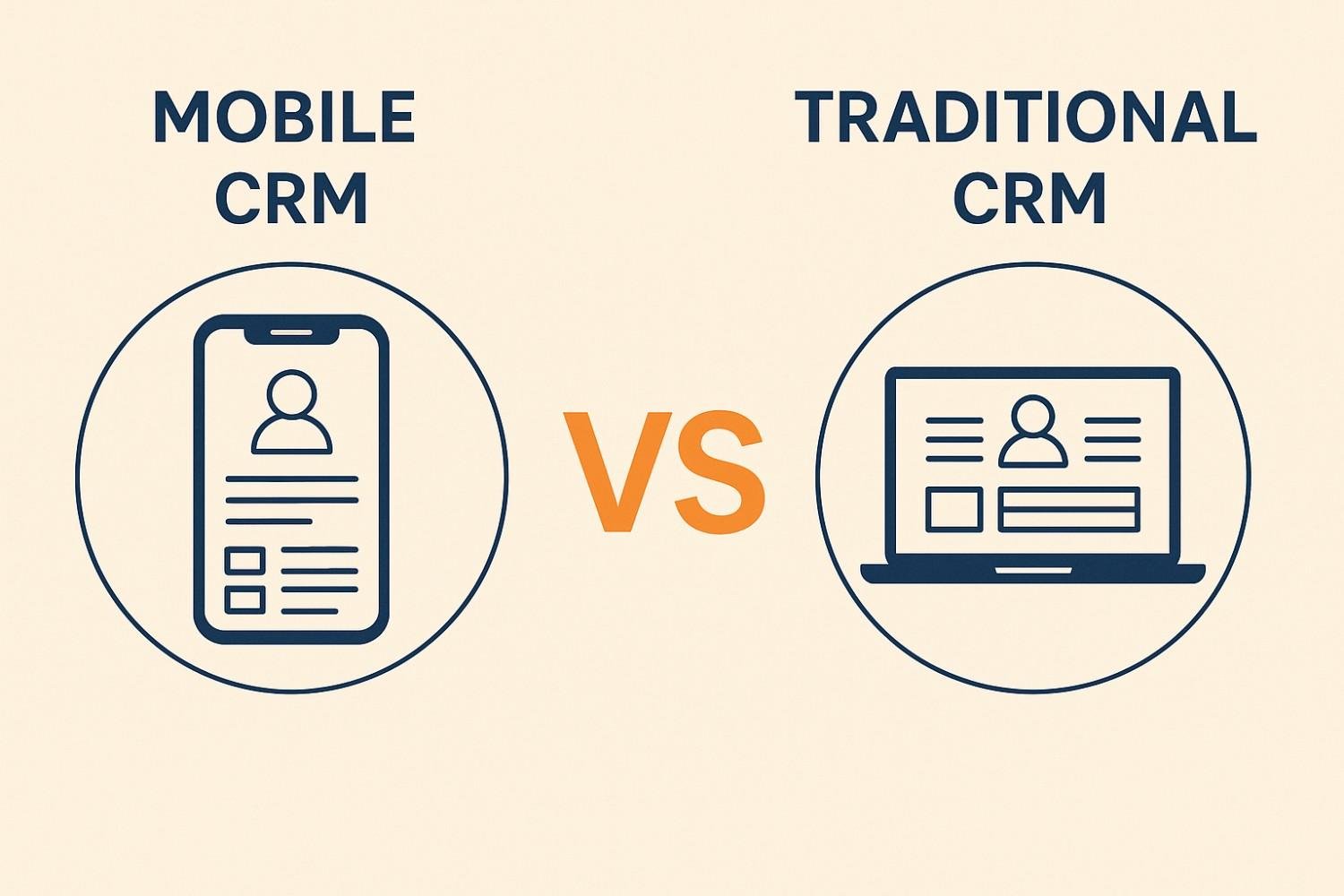
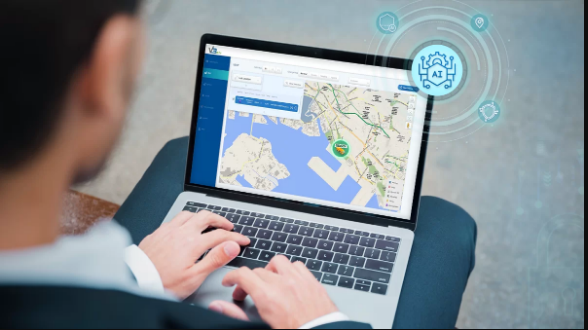
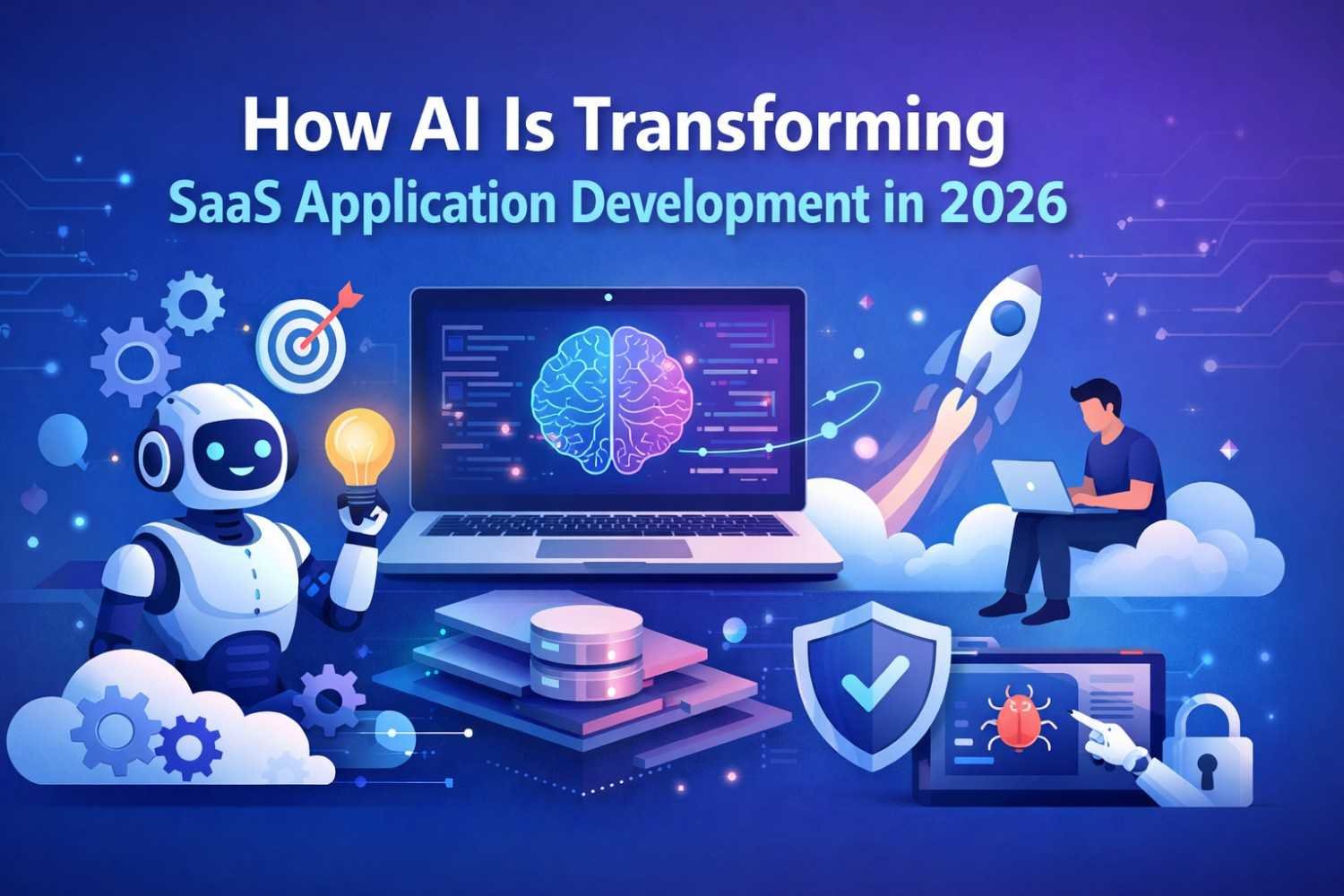
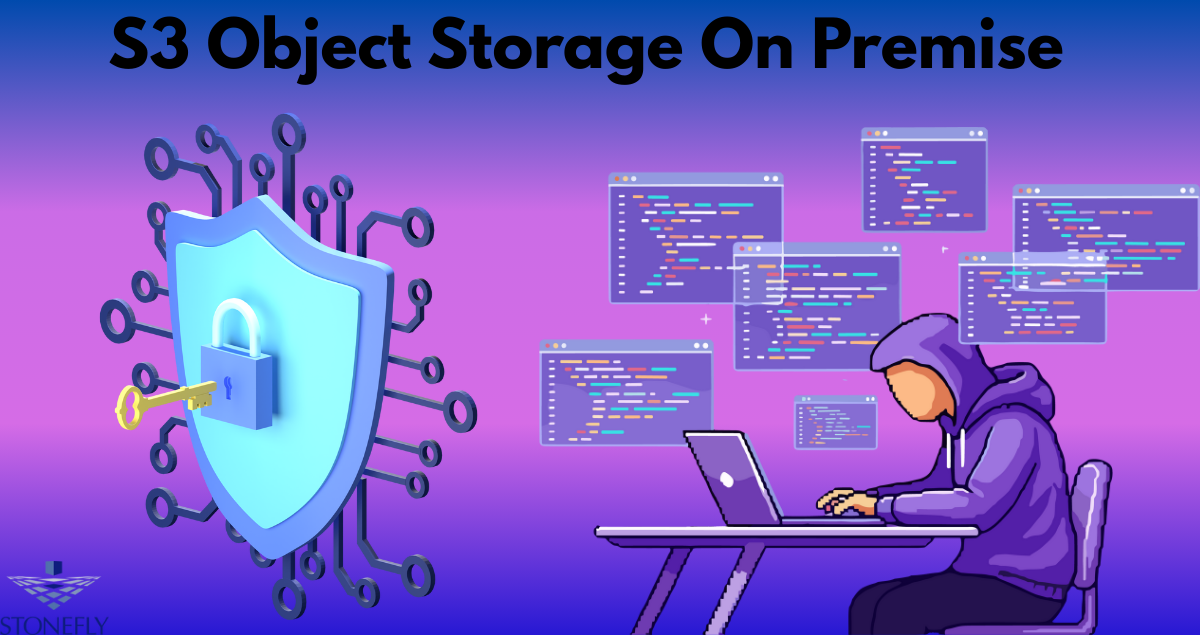

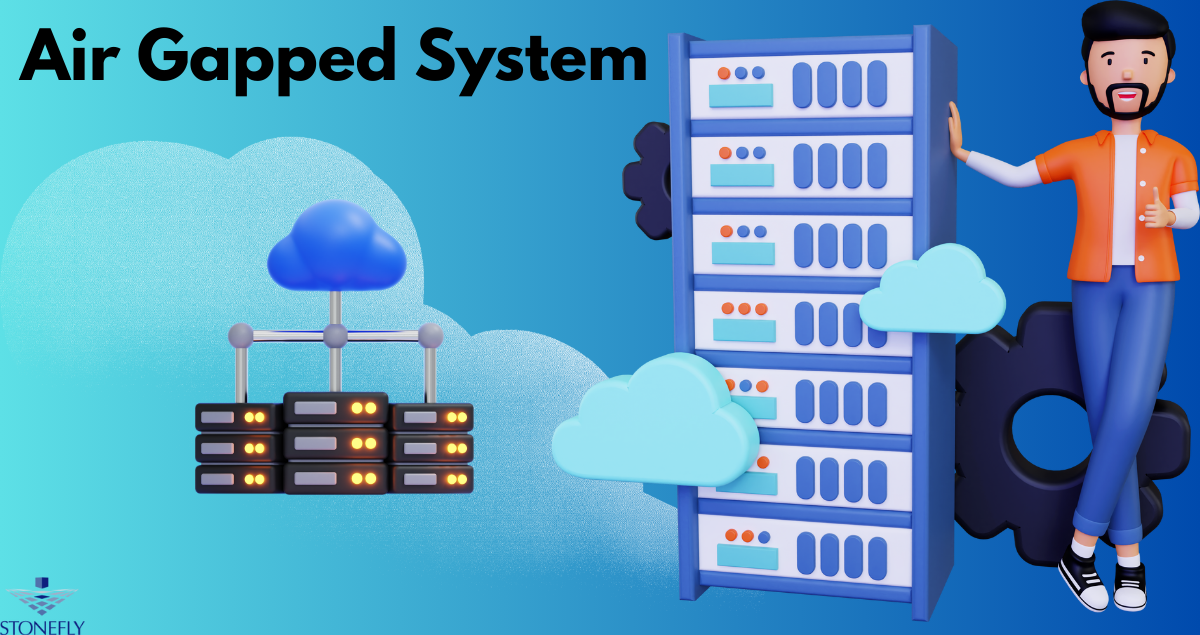

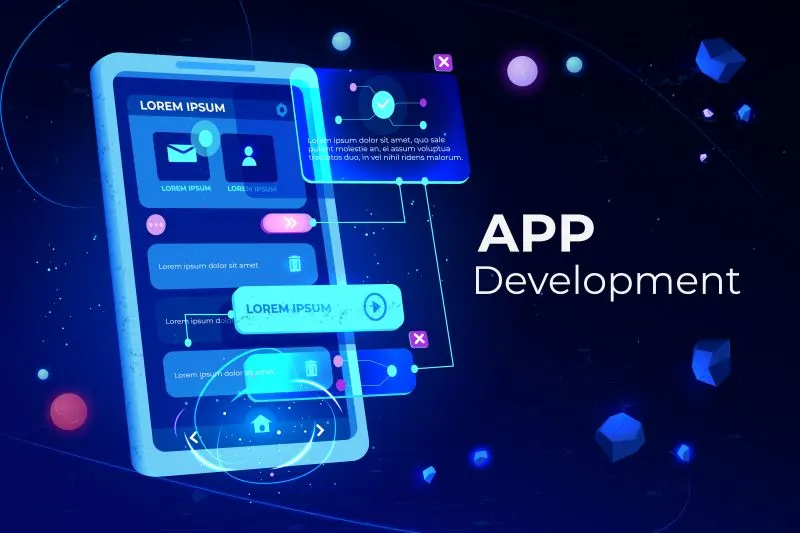

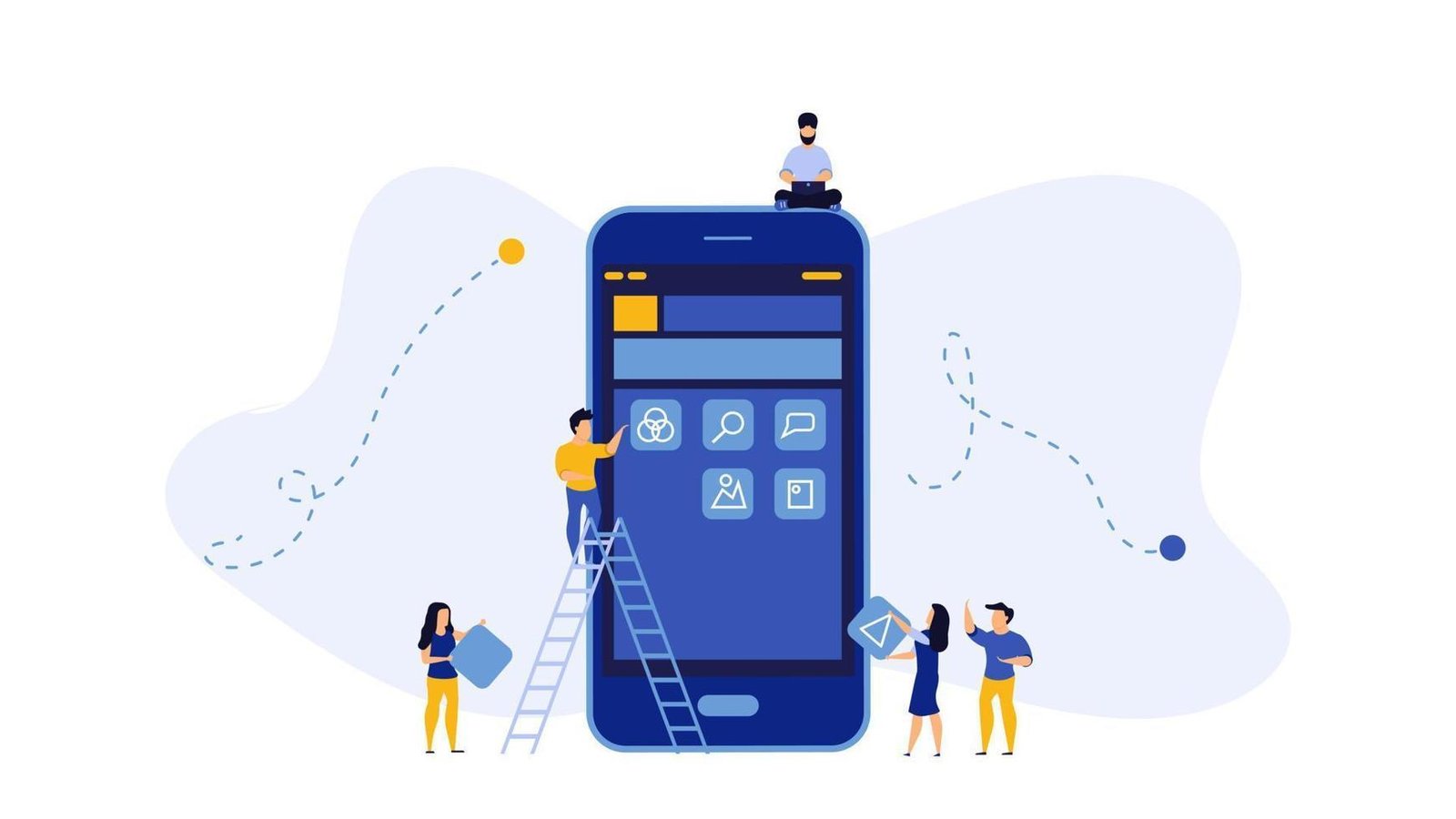





Leave a Reply